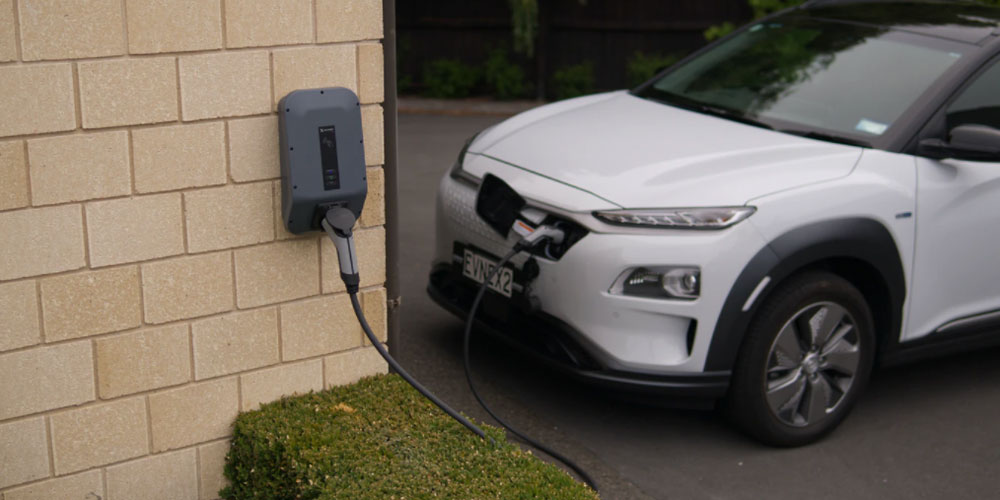
An actual comparison of net CO2 emissions for electric cars may be beside the point.
According to an analysis by natural resource investors Goehring & Rozencwajg, electronic vehicles may not actually have a net benefit when it comes to carbon. Note the bit I’ve emphasized, here:
April 14th 2021, Jefferies published a research note entitled “Are EVs as ‘Green’ as They Appear?” in which they conclude an electric vehicle must be driven 200,000 km (or 124,000 miles) before its “whole of life” carbon emissions equals that of an internal combustion engine.
Their analysis is very similar to ours and details the tremendous amount of energy (and by extension CO2) needed to manufacture a lithium-ion battery. Moreover, they point out that a typical EV is on average 50% heavier than a similar internal combustion engine, requiring more steel and aluminum in the frame. They conclude the “embedded carbon” in an EV (i.e., when it rolls off the lot) is therefore 20–50% more than an internal combustion engine.
Our analysis suggests a modern lithium-ion battery has approximately 135,000 miles of range before it degrades to the point of becoming unusable. An extended-range Tesla Model 3 has an 82 kWh battery and consumes approximately 29 kWh per 100 miles. Assuming each charge cycle has a ~95% round-trip efficiency and a battery can achieve 500 cycles before starting to degrade, we conclude a Model 3 can drive 134,310 miles before dramatically losing range. Incidentally, Tesla’s Model 3 warranty covers the battery for the lesser of eight years or 120,000 miles and does not apply until the battery has degraded by at least 30%. If the Jefferies analysis is correct (and we believe it is), then an EV will reach carbon-emission parity with an internal-combustion vehicle just as its battery requires replacement.This will come as a huge disappointment for those believing that EV adoption will have significant impacts on CO2 reduction.
Other organizations and publications have competing numbers, but suffice to say that the impression of carbon-heavy traditional vehicles versus nearly carbon-free electric vehicles is simply not true.
However, the debate may not really matter to the fans of things green. As ecologically inclined as they may be, they’re still human, and those of our species are good at adjusting their focus for the sake of our own feelings. In this case, what probably matters more than anything is the feeling that, “My act of driving this car produces lower emissions than my neighbor’s act of driving his combustion engine car.” The insinuation of morality is that the manufacture, energy production to charge the battery, and disposal costs are all on somebody else.
That view is (to be nice) not comprehensive, but it’s very human.
Featured image by Ed Harvey on Unsplash.

